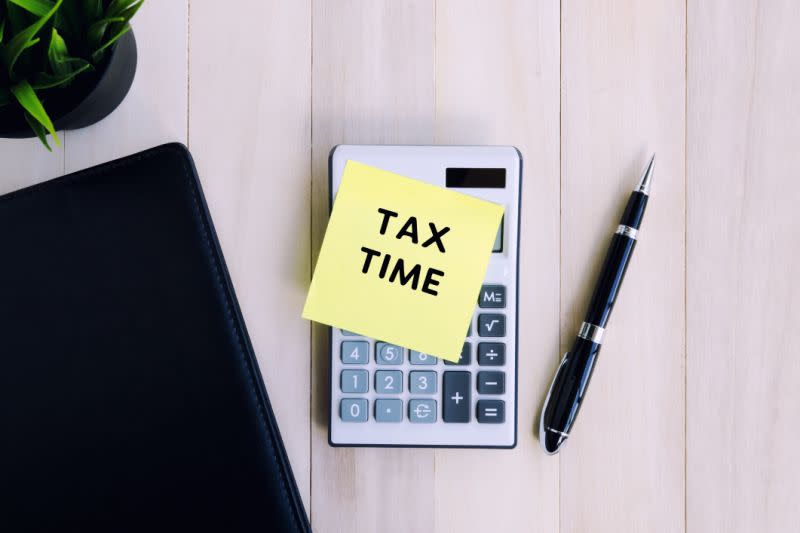5 things we learnt about tax in 2019

This year, the federal government introduced a number of new tax measures – and cracked down in certain areas.
Here’s a look back at all important things tax-related that happened in 2019, thanks to our tax expert Mark Chapman:
1. Sometimes the government gives as well as takes
This year, the government introduced the new low and middle income tax offset (LMITO). This is effectively a tax cut of up to $1,080 given when your tax return is lodged. As a result, millions of Australians rushed to lodge their returns this year.
Latest figures from the ATO show that nearly 11 million people have lodged their returns so far, a million up on the same time last year.
However, that means around 3 million people are yet to lodge. It’s not too late the claim the offset so the sooner you lodge your tax return, the better.
2. There’s never been a better time to boost your small business
Through until 30 June 2020, businesses with a turnover of up to $50 million (which, in practice, is most Australian businesses) can claim an immediate tax deduction for any capital items they buy to use in their business. That could include a new car, ute or van, new IT equipment, office furniture, POS equipment or plant, machinery and tools to name just a few of the commonly claimed items.
The instant asset write-off (as it is called) has been one of the great tax success stories of recent years. Particularly for businesses that are in a growth phase or that need to invest, this tax break can reduce the effective cost of capital purchases by a whopping 27.5 per cent once the tax deduction is factored in.
More from Mark: Starting a business in 2020: What you need to know
3. The ATO is cracking down on work-related deduction
The ATO says that individuals are under-paying tax by a collective figure of $8.7 billion and a large part of that is due to “dodgy” deduction claims for work-related expenses. As a result, lots of “please explain” letters are going out to taxpayers who the ATO believes have done the wrong thing.
The key lesson for all taxpayers is to only claim for expenses that are genuinely linked to your job and that you paid for (and weren’t refunded by your employer).
If you’re not sure what you can claim, talk to a tax agent who will be able to identify deductions that aren’t allowable, as well as claims that you may not have known you could legitimately make.
More from Mark: The top 9 things people think they can claim on tax – but can't
4. Too many people don’t keep proper tax records
Linked to the above, a big reason the ATO knocks back many tax deduction claims is that the taxpayer can’t prove they spent the money. So, if you want to claim a deduction for an expense, make sure you keep the receipt or invoice.
Paper copies fade, so take a photo and store it electronically on your phone, tablet or computer. That way, if the ATO asks for the proof of purchase, you’ll have it to hand.
Get your taxes in order: 5 best apps to help with your Australian tax return
5. Lots of people have side-gigs
One of the big trends of 2019 has been the number of people starting up side-gigs to supplement their income. Yes, they may have full-time jobs, but tens of thousands of people are starting up small businesses in their free time to capitalise on their talents.
Starting in business brings with it tax obligations. Your income from your business will need to be included in your tax return, there may be deductions you can claim and if your business turnover exceeds $75,000 you may need to register for GST (if you are an Uber driver, you need to register for GST irrespective of your turnover).
More from Mark: Working in the gig economy? Here's what it means for your taxes
Make your money work with Yahoo Finance’s daily newsletter. Sign up here and stay on top of the latest money, news and tech news.

 Yahoo Finance
Yahoo Finance 
